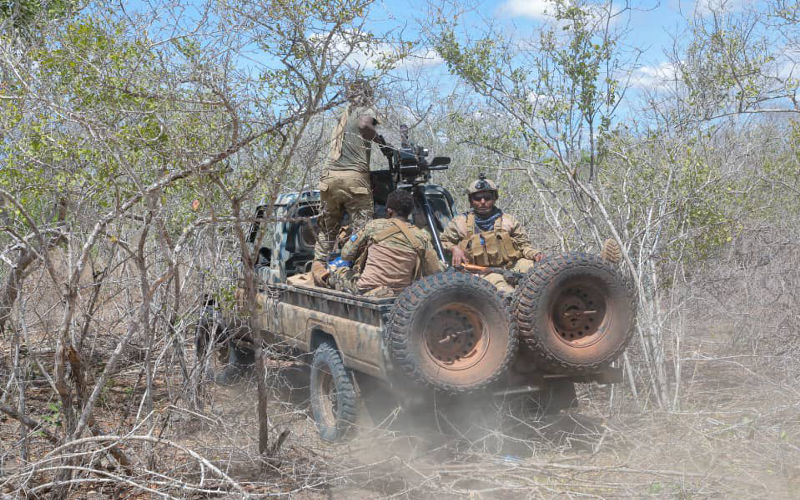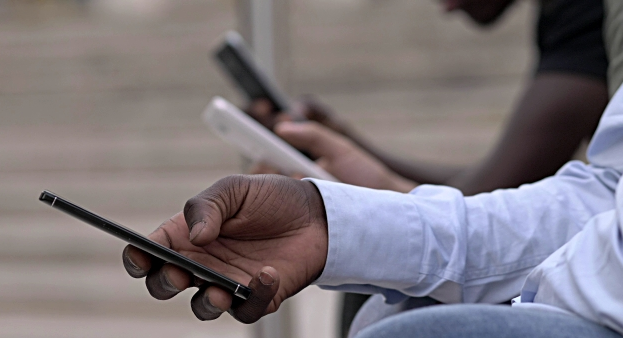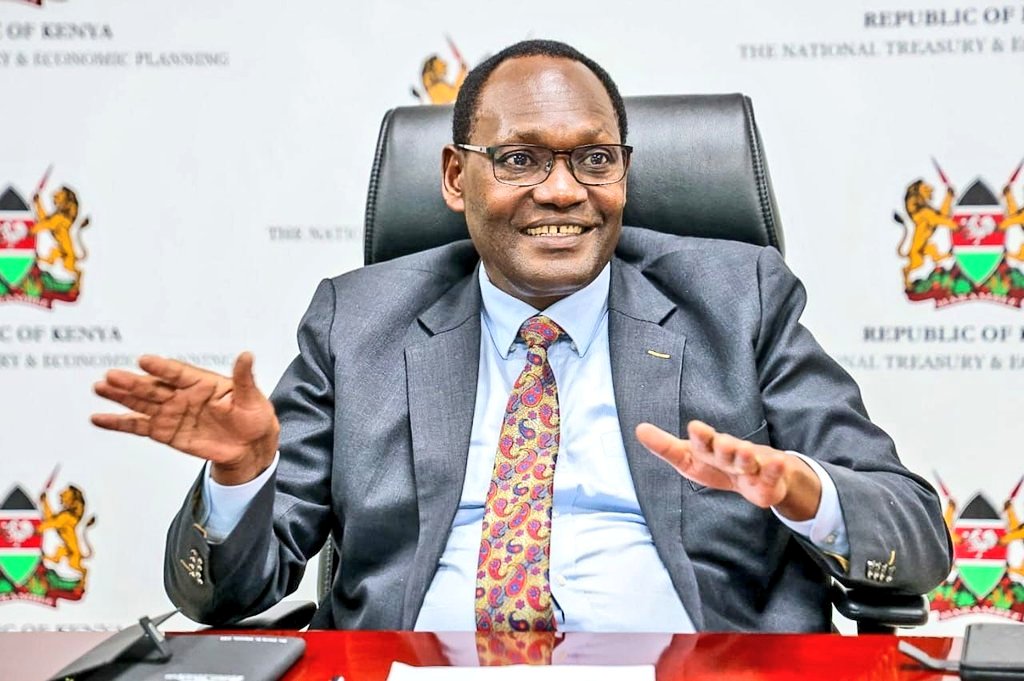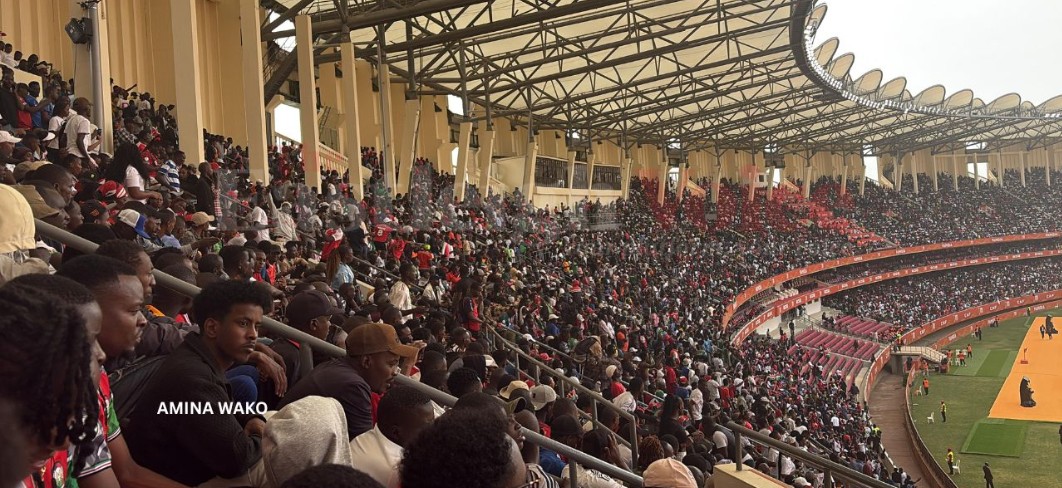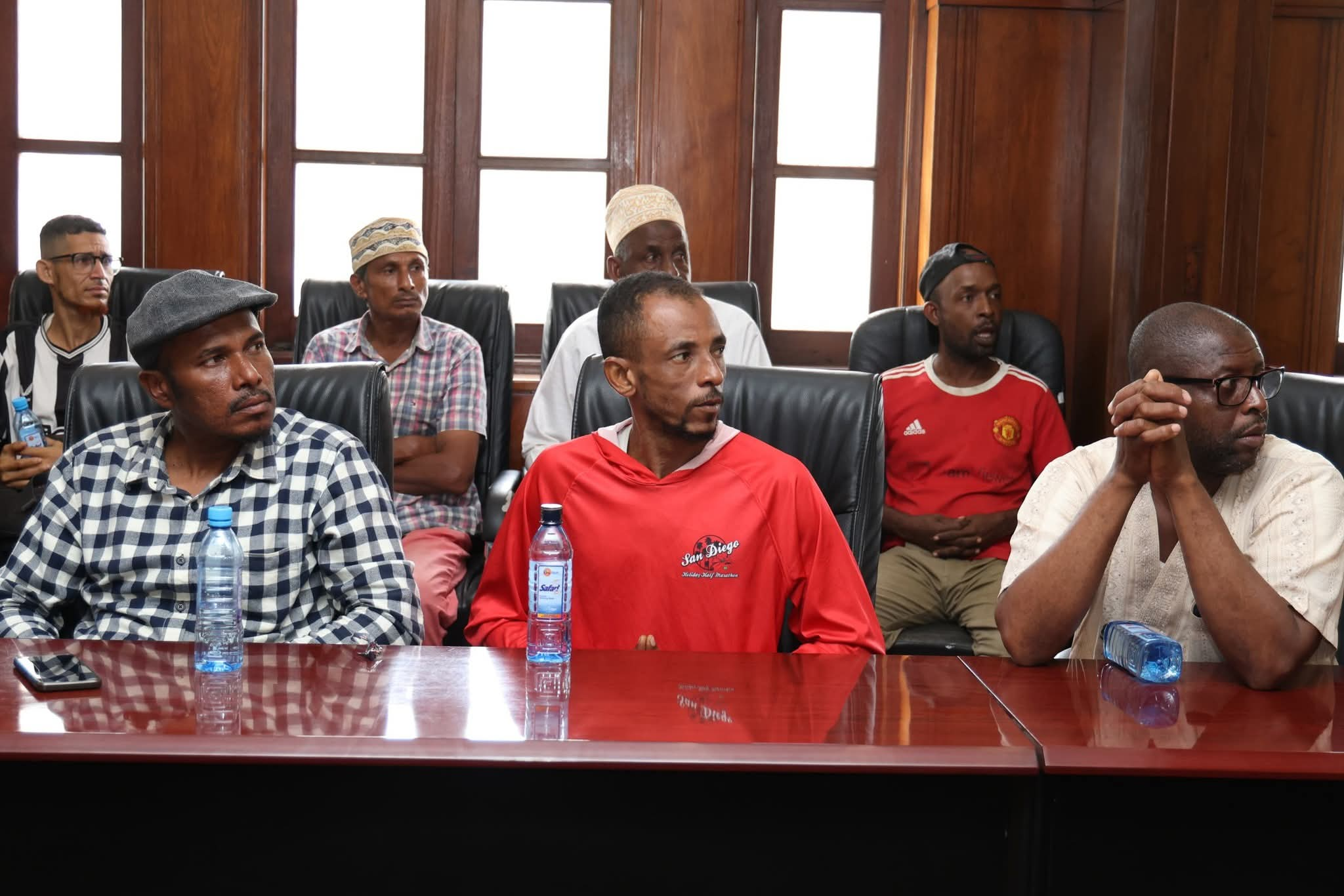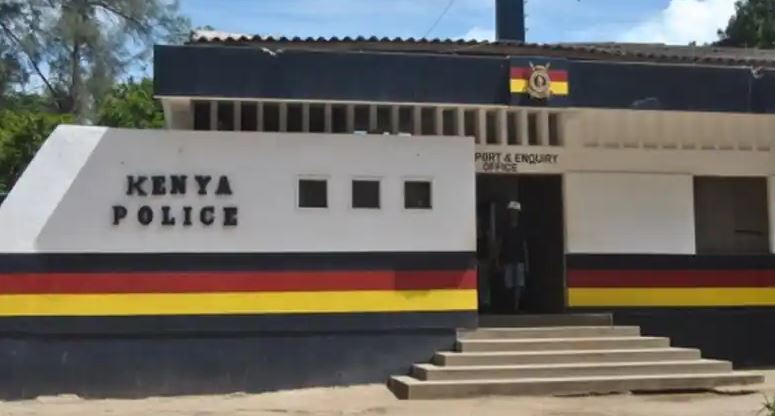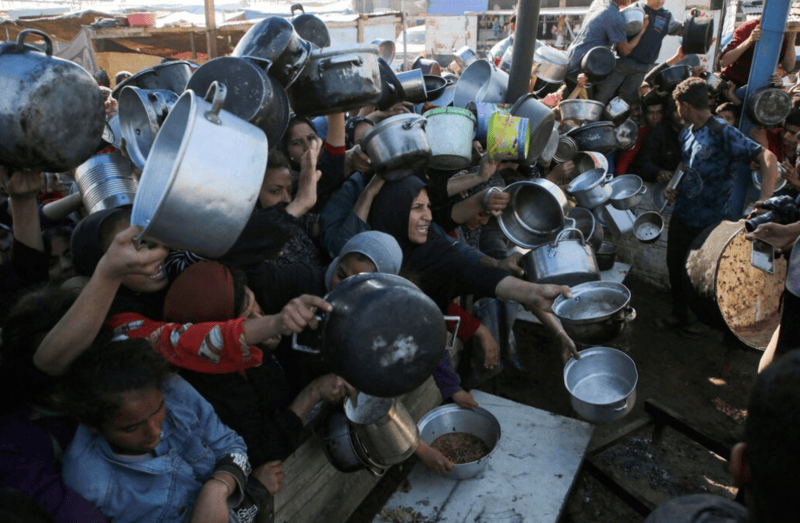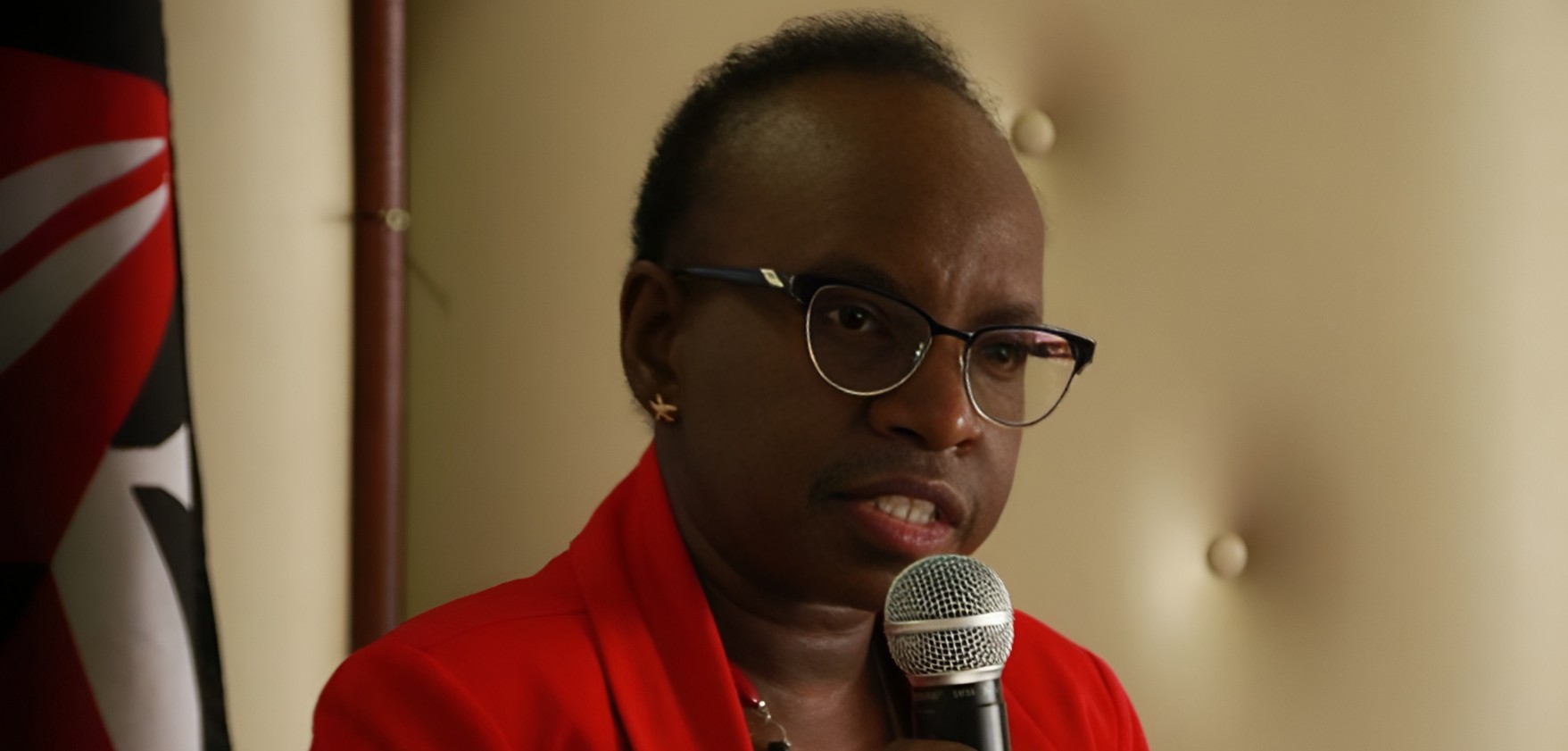More than three million displaced people return home in DRC despite ongoing conflict
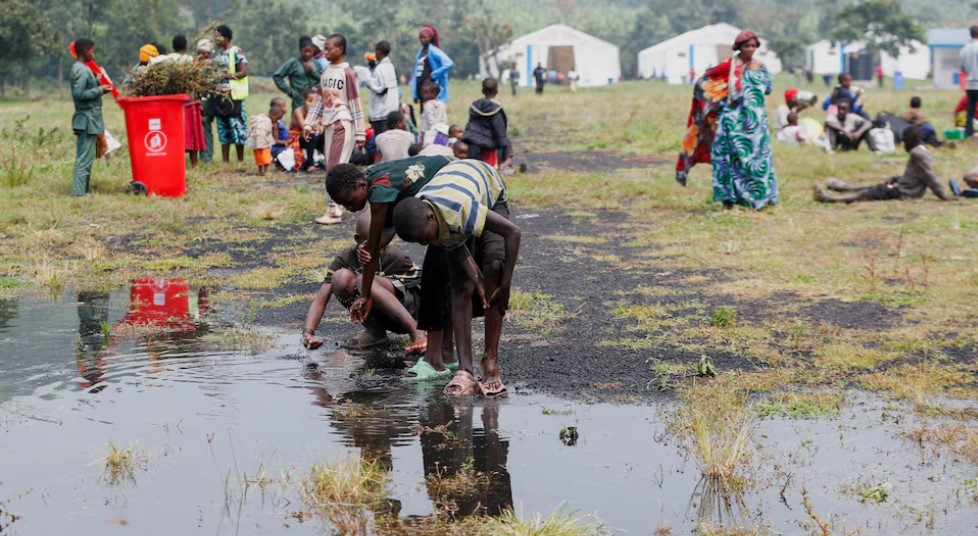
Most returns have taken place in the volatile east, with over two million people going back to their villages in North Kivu province and more than 600,000 in neighbouring South Kivu.
More than three million people displaced by conflict in the Democratic Republic of Congo (DRC) had returned to their homes as of July 2025, the UN Office for the Coordination of Humanitarian Affairs (OCHA) reports.
Most returns have taken place in the volatile east, with over two million people going back to their villages in North Kivu province and more than 600,000 in neighbouring South Kivu.
More To Read
- M23 rejects UN report linking group to civilian massacres in eastern DRC
- DRC refugees begin returning home despite uncertainty ahead
- Uganda to host two million refugees by end of 2025 due to escalating crises - UN
- Armed attacks displace over 46,000 in northern Mozambique as UN warns of deepening crisis
- Gaza: ‘No one should ever be forced to risk their life to find food,’ says UN humanitarian agency
- EAC, SADC agree on unified framework to speed up peace process in eastern DRC
OCHA data shows that the number of internally displaced people nationwide has fallen from 6.9 million in 2024 to 5.9 million by July 2025.
Despite this decrease, aid agencies warn that the humanitarian situation remains severe.
In North Kivu, many residents were forced to leave displacement camps in Goma and Nyiragongo earlier this year after the camps were dismantled, returning to communities still struggling with insecurity, poor infrastructure, and a lack of basic services.
The DRC is also grappling with multiple public health emergencies, including outbreaks of cholera, measles, and mpox. OCHA estimates more than 27 million people face food insecurity, while 4.5 million children suffer from acute malnutrition.
Efforts to stabilise the region have been undermined by renewed violence. Although the Congolese government and the Rwanda-backed M23 militia signed a ceasefire in mid-July, the truce has been marred by fresh attacks.
For example, Rwanda-backed M23 rebels killed at least 319 civilians in eastern DRC in July. These killings occurred in Rutshuru territory, North Kivu Province, an area experiencing intensified fighting despite ongoing ceasefire efforts.
According to UN human rights chief Volker Türk, the victims included 48 women and 19 children, based on "first-hand accounts" collected by his office.
"I am appalled by the attacks on civilians by the M23 and other armed groups in eastern DRC amid continued fighting, despite the ceasefire that was recently signed in Doha," Türk said in a statement after the findings.
"All attacks against civilians must stop immediately, and all those responsible must be held to account," he added.
Top Stories Today
